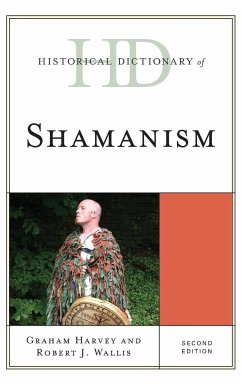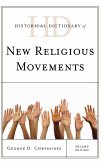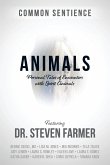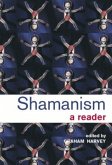This second edition of Historical Dictionary of Shamanism contains a chronology, an introduction, and extensive bibliography. The dictionary contains over 500 cross-referenced dictionary entries on individuals, groups, practices and cultures that have been called "shamanic". This book is an excellent access point for students, researchers, and anyone wanting to know more about Shamanism.
Hinweis: Dieser Artikel kann nur an eine deutsche Lieferadresse ausgeliefert werden.
Hinweis: Dieser Artikel kann nur an eine deutsche Lieferadresse ausgeliefert werden.








